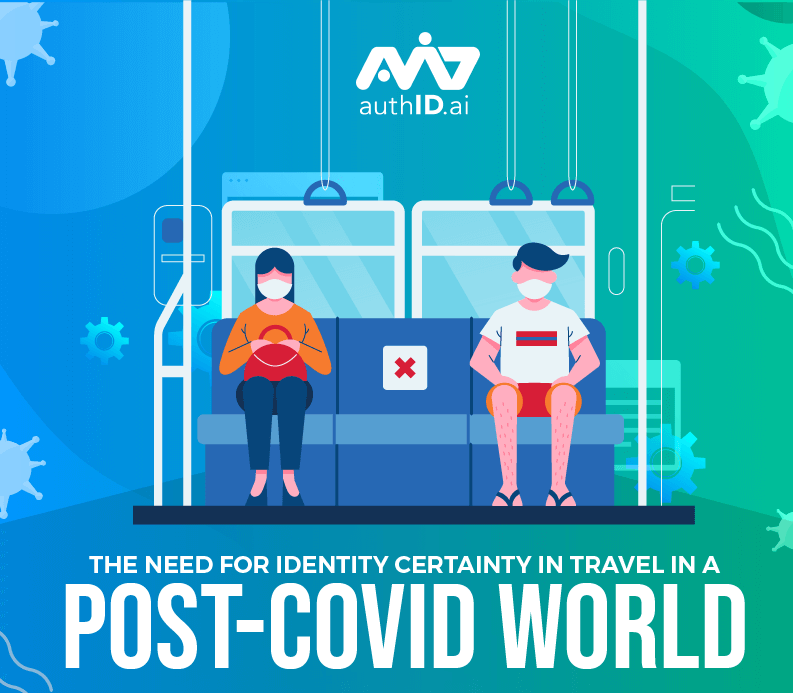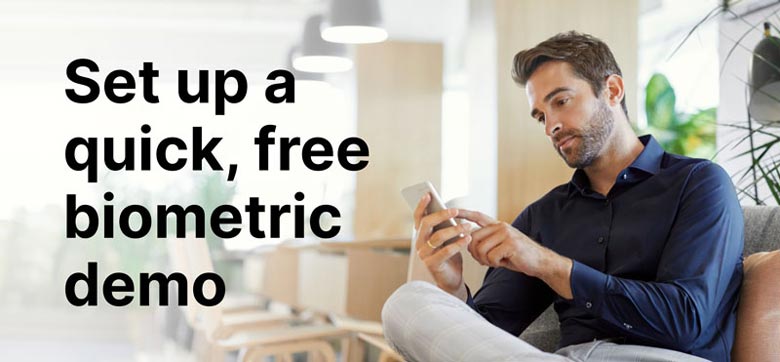The travel and shared living industries are among the hardest-hit sectors of the economy during the COVID-19 pandemic. Travel restrictions, physical distancing mandates, and social gathering limitations reduced in-person operations, forcing airlines, hotels, and room sharing providers to run at limited capacity, or close until quarantine protocols are lifted.
With the current challenges brought on by the global health crisis, people have curtailed most leisure and business travel.
These shifts have influenced modern consumer behavior, amplifying their demand for a seamless user experience and safety while using electronic platforms. While individuals adjust to the new normal, criminals are taking advantage of the situation to exploit both consumers and businesses.
Service providers and customers assume that sharing economy platforms have conducted verification checks to ensure their users are legitimate.
Still, weak cybersecurity systems make it easy for criminals to defraud these services. Knowledge-Based Authentication (KBA), like passwords and security questions, can easily be exploited since data breaches have made that information easily available on the dark web.
The world continues to adopt new practices in the age of COVID. These changes will likely stay even after the pandemic subsides. Therefore, enterprises must deploy modern identity proofing solutions to ensure that their users are who they say they are.

The Boom of Sharing Economy Platforms for Local Travel
Many countries closed their borders or limited entry to reduce the spread of COVID-19. People have turned to domestic travel to have some form of escape while the pandemic is still ongoing.
According to Amex Trendex, American Express’s monthly trend report, 39% of US consumers have traveled to local destinations they might not have considered before. Moreover, about 44% are willing to spend extra for accommodations that enable physical distancing, and 66% have considered opting for “travel pods,” allowing families, friends, or unrelated individuals to travel together while minimizing risks usually related to group travels.
These emerging travel trends significantly increased the reliance on apartment or home-sharing, peer-to-peer (P2P) vehicle sharing, and RV sharing platforms as a safer means of accommodation and travel.
Besides reducing health risks, financial and physical safety are also top considerations when using sharing economy platforms. Clients want assurance that the service provider they are doing business with will not harm them financially or endanger their lives. On the other hand, providers renting their vehicle or their property must ensure that their customers are who they claim to be.
Sharing economy platforms should enable trust between providers and customers by leveraging efficient identity verification for onboarding and account login. They must protect their networks and mitigate fraudulent attacks to prevent losses and other consequences.
The Role of Identity Verification in Travel During the Pandemic and Beyond
Modern identity proofing solutions harness mobile facial biometric technology to confirm a person’s claimed identity from the point of onboarding. Using a camera-enabled mobile device, users can take a selfie and complete an active liveness check to validate their real-time presence. The active liveness verification will ask the person to perform gestures known only at the time of authentication, such as smiling, blinking, or moving their head.
With the same mobile device, the user can take a quick photo of their driver’s license and submit it for identity document authentication. Automated systems that perform driver’s license authentication utilize trusted data sources to compare the government-issued credential to known specimen templates. The process determines if the provided government ID is genuine. Once the ID document has been verified, it also proves that the personal information given by the user is legitimate.
Upon establishing a trusted identity, users can enable passwordless login for their new account. FIDO 2.0-compliant multifactor authentication (MFA) utilizes strong authentication credentials like cryptographic keys that bind identity to the device and can only be unlocked with a secondary credential like facial biometrics. Failure to provide the authentication requirements stops fraudulent individuals from accessing the account.
Several businesses have adopted these security measures to combat the unprecedented threats that arose during the pandemic. Consequently, they must keep the same security level in the post-pandemic era to better protect their users and comply with regulations for the years to come.
For optimal cybersecurity, enterprises should work with reputable Identity as a Service (IDaaS) providers that leverage the latest technology in their identity verification solutions.
Verified™ harnesses browser technology, anti-spoofing liveness confirmation, and biometric matching of a selfie to authenticated identity documents to deliver robust identity verification for the enrollment of users. It uses API connections to trusted government registries, and it also provides age verification for age-restricted digital platforms.
Verified also extends the value of a proofed identity to enable passwordless login to minimize friction and reduce account takeover throughout the network.
Schedule a Demo with authID
authID.ai is a provider of an Identity Authentication platform that delivers a suite of secure, mobile, biometric identity solutions, available to any vertical, anywhere. authID‘s products strengthen digital security on travel and shared living platforms, keeping out the bad guys and ensuring only legitimate users will be registered and logged in. Contact authID today at 1 (516) 778-5639 or click here to schedule a demo.

